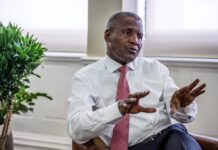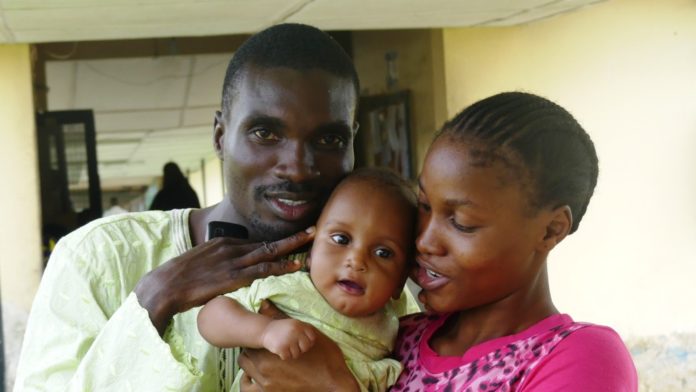The World Health Organisation (WHO) has launched a framework for early childhood development, outlining how policies and services can help parents, families and communities providing nurturing care for young children.
The Nurturing Care Framework for early childhood development, a product of the World Bank, United Nations Children’s Fund and the Partnership for Maternal, Newborn & Child Health, was launched at the ongoing 71st World Health Assembly in Geneva.
The framework spans care that children need to survive and thrive in the first three years of life, and comes from nearly 35 years of research into conditions that promote health, nutrition, security and safety, responsive caregiving and opportunities for early learning.
“The period from pregnancy to age 3 is key for a child’s development. That’s when the brain grows fastest,” said WHO director-general Tedros Ghebreyesus.
“And that’s why young children need a safe, secure and loving environment, with the right nutrition and stimulation from their parents or caregivers.”
The framework calls for national programmes driven by “strong and sustained political commitment” and a determination to reduce inequity, poverty and social injustice—and is pooled from best practices that have been trialled across high-, middle- and low-income countries.
“Over 1000 individuals from 111 countries have contributed to crafting the framework that recognizes that nurturing care not only promotes physical, emotional, social and cognitive development, it also protects young children from the worst effects of adversity,” said former Chilean president Michelle Bachelet, and now chair of PMNCH.
“It produces lifelong and intergenerational benefits for health, productivity and social cohesion”
The framework comes as countries look to secure progress toward meeting sustainable development goals.
“A child’s early environment and experiences have a direct and long-term impact on the way the brain is structured – influencing their present and future cognitive, emotional and social development, and their overall health and wellbeing,” said Vidhya Ganesh, deputy programme director at UNICEF.
“And when we invest in the earliest years of children’s lives – through health, social and education programmes that help parents provide their young with nurturing care – we all benefit.”
Years of research have linked an individual’s full potential with a country’s human capital.
Both are “highly dependent on giving children the best possible start through quality early childhood development, including early nutrition and stimulation,” said Annette Dixon, vice president for human development at the World Bank Group.
“Investing in quality [early childhood development] interventions also makes economic sense: every $1 invested in it can yield between $6 and $17 in returns.”
The launch also makes business case for nurturing care, which over a hundred ministers attending the assembly will consider.
Without intervention, adults who experience adversities in early childhood are estimated to earn close to a third less than the average annual income of their peers, research has shown.
Countries that fail to invest in children’s growth and development now could in future lose more than their entire spending on health and education combined, experts said.

























